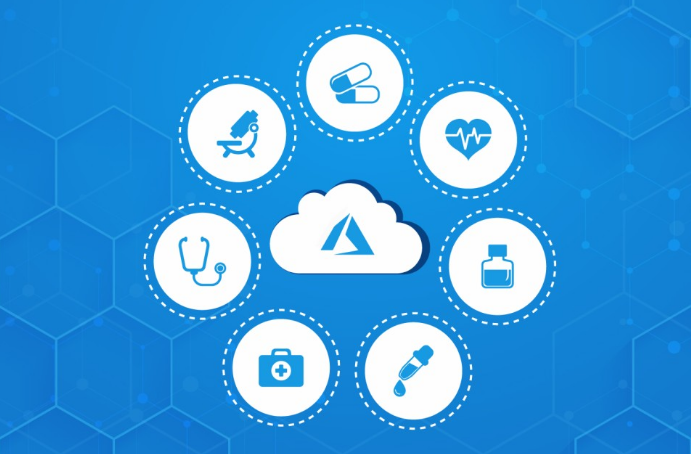
Managed IT Services for Healthcare: Streamlining Technology for Enhanced Patient Care
In the rapidly evolving healthcare landscape, technology plays a pivotal role in delivering efficient and effective patient care. However, managing complex IT infrastructure and ensuring data security can be challenging for healthcare organizations. This is where Managed IT Services for Healthcare come into play. Here are key points to understand the importance of our managed IT services and how we can optimize technology in healthcare settings.
1. Proactive IT Support:
Managed IT services provide proactive monitoring and support for healthcare organizations’ IT infrastructure, ensuring that potential issues are identified and resolved before they impact patient care. This includes round-the-clock monitoring of systems, networks, and critical applications to minimize downtime and ensure seamless operations.
2. Data Security and Compliance:
Healthcare organizations handle sensitive patient data that must be protected to comply with regulations like HIPAA. Managed IT services offer robust security measures, including data encryption, access controls, and regular vulnerability assessments, to safeguard patient information from unauthorized access, breaches, and cyber threats. Compliance audits and assistance in meeting regulatory requirements are also part of managed IT services.
3. Infrastructure Management and Scalability:
Managing and maintaining complex IT infrastructure can be resource-intensive and time-consuming for healthcare organizations. Managed IT services provide comprehensive infrastructure management, including server maintenance, network management, and software updates. They also ensure scalability, allowing healthcare providers to seamlessly expand their technology capabilities as their organization grows.
4. Disaster Recovery and Business Continuity:
In healthcare, uninterrupted access to patient records and critical systems is vital. Managed IT services implement robust disaster recovery plans and backup solutions, enabling quick recovery in the event of a data loss or system failure. Regular data backups, redundant systems, and comprehensive disaster recovery strategies minimize downtime and ensure seamless continuity of patient care.
5. EMR/EHR Implementation and Support:
Electronic Medical Records (EMR) and Electronic Health Records (EHR) systems are integral to modern healthcare organizations. Managed IT services assist in the implementation, customization, and ongoing support of EMR/EHR systems, ensuring smooth transitions, data integrity, and optimized workflows. They also provide training to healthcare staff to maximize the benefits of these systems.
6. Telehealth and Remote Patient Monitoring:
Managed IT services help healthcare organizations leverage telehealth technologies and remote patient monitoring solutions. This includes implementing secure video conferencing platforms, remote monitoring devices, and integrating them with existing IT infrastructure. Managed IT services ensure reliable connectivity, data privacy, and optimal performance for virtual care delivery.
Our Managed IT services empower healthcare organizations to navigate the complex world of technology while focusing on their core mission of delivering high-quality patient care. With proactive IT support, data security and compliance, infrastructure management, disaster recovery capabilities, EMR/EHR implementation and support, and telehealth enablement, managed IT services streamline technology and enhance operational efficiencies. By partnering with experienced managed IT service providers, healthcare organizations can embrace digital transformation and unlock the full potential of technology to improve patient outcomes and experiences.











Social List